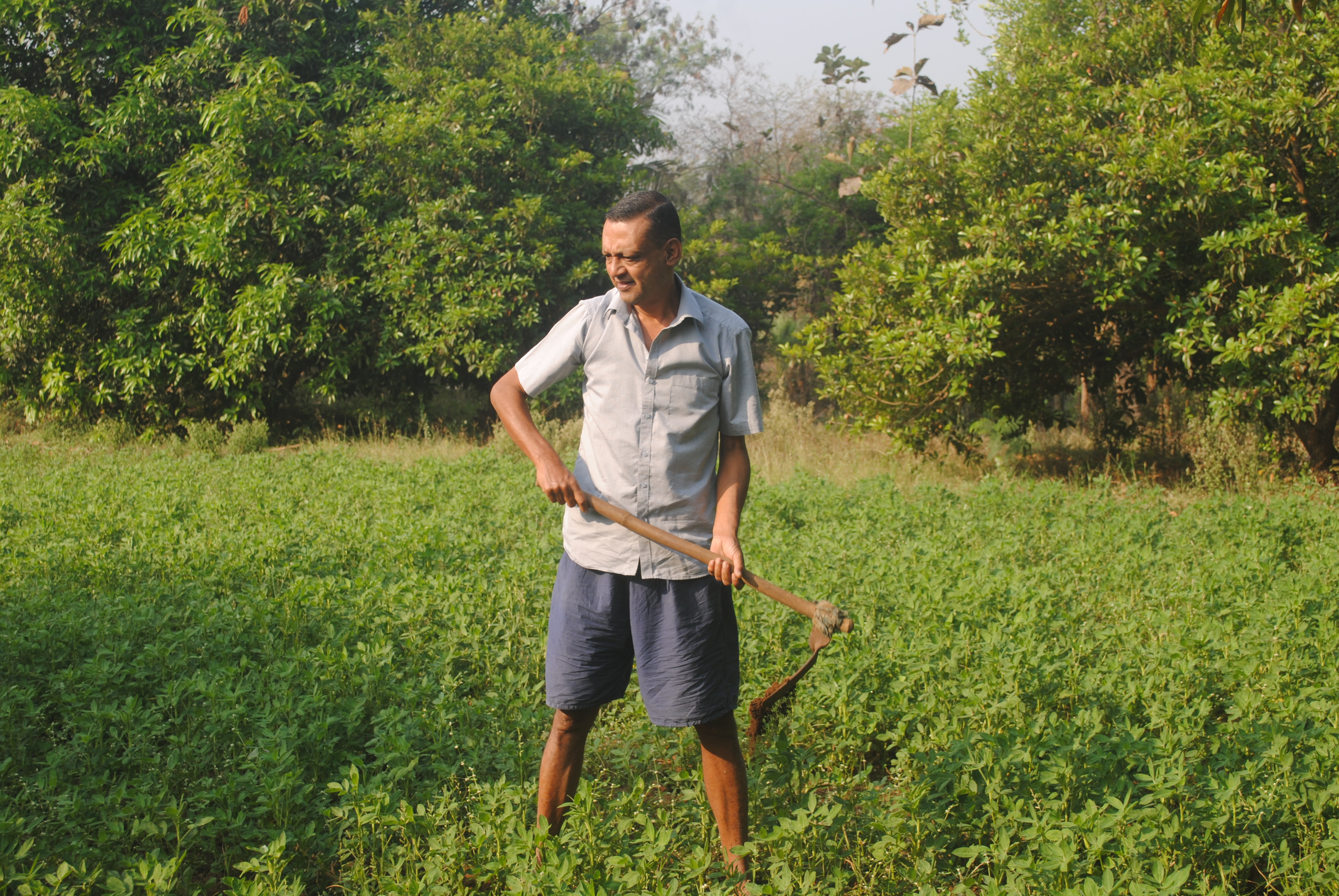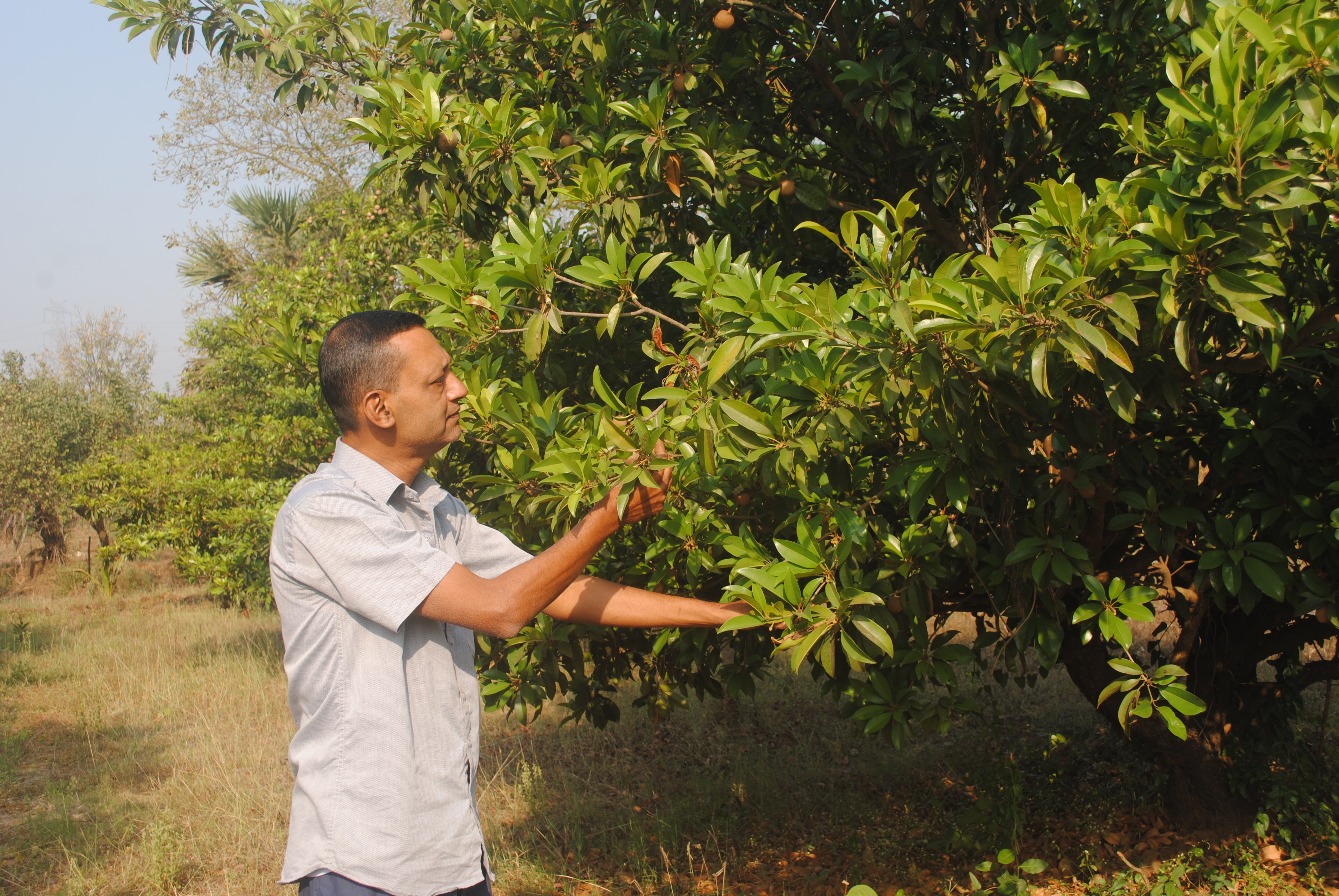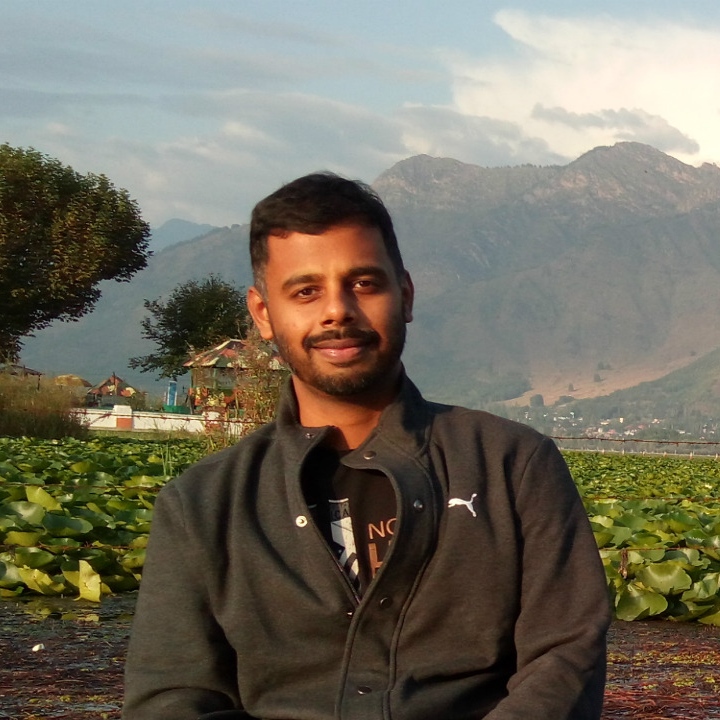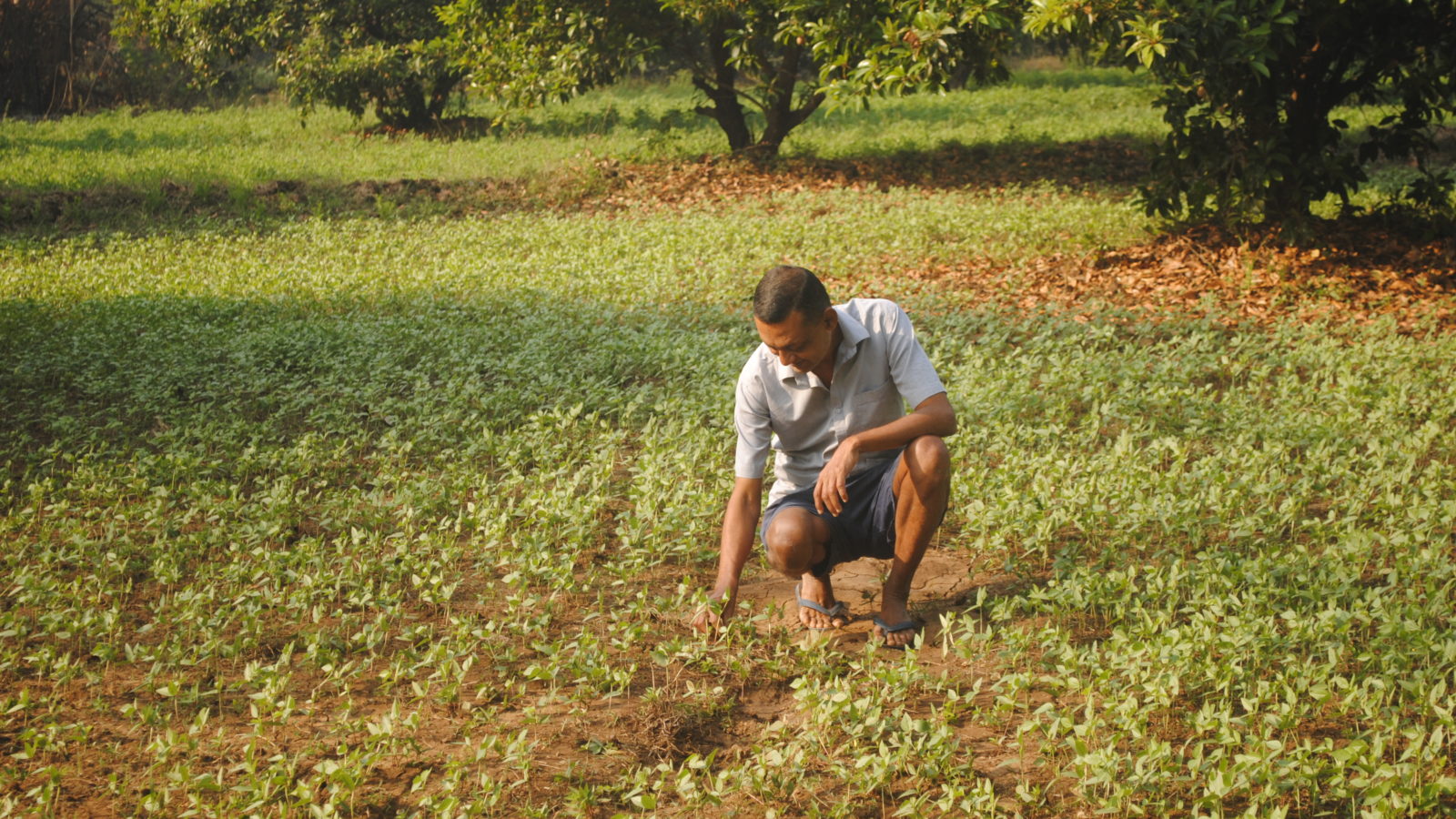It’s not uncommon for jaded engineers or technology professionals to switch to more creatively or entrepreneurially-fulfilling endeavours. But even by those standards, Venkat Iyer’s story is a pretty incredible one.
In 2004, the Mumbai-born techie quit his job as a project manager at IBM, bought some land in rural Dahanu (in Maharashtra), and shifted there, lock, stock and barrel to become an organic farmer. But let’s pause for a second. This isn’t one of those stories where the protagonist conveniently happens to have plenty of money, landed property or a farming background—or even a rural one for that matter. Venkat was a consummate middle-class Mumbaikar. His world was local trains, vada pao, tapping away at a computer in a plush office on weekdays and partying on weekends. Yet, as time passed, dissatisfaction gnawed at his heart. A growing interest in organic farming, coupled with a conversation with his wife who was writing a book on the subject, pushed him over the brink of doubt—into the unpredictable life of a 38-year old, first-time farmer.
Was it easy? Far from it. His former colleagues—many of whom supported his decision to buy some land in rural Maharashtra and quit corporate life for farming—watched his journey from a safe distance. Rains played truant with Venkat’s crops. Just like millions of other farmers across the country, he persevered hard for little money. (His first moong, or mung bean, harvest earned him barely the equivalent of a single month’s mobile phone bill at the time.) Yet, 16 years into his journey, Venkat, now founder-member of the Mumbai Organic Farmers and Consumers Association (MOFCA) and author of Moong Over Microchips, has no regrets. He feels validated in his decision to take the plunge instead of staying back and chasing the “shifting goalpost called financial security”.

Edited excerpts from his conversation with Thrive Global India:
Thrive Global India: Many people aspire to take the kind of risk you did. Few actually take the first step. Is our conditioning to blame?
Venkat Iyer: As Andre Gide once said, “To discover new oceans, one needs the courage to leave sight of the shore.” Staying in the comfort of the city and following a set routine tends to make [you] comfortable and draws you into a shell that you do not wish to leave. Besides, money plays an important role in taking tough decisions. Most are so worried about their own and their family’s future that they tend to ignore the present.
TGI: Was farming your original plan when you bought land in Dahanu?
VI: [When we bought the land], we were looking for a getaway or second home away from the city. But once we had decided that I would be a farmer, we purchased land with the intention of farming for our own food, without any chemicals or external inputs. The land we bought was already agricultural land, and the earlier owners had grown crops on it till a few years before. The land had a small shed where the previous owners stored equipment and other stuff. Due to budget constraints, we used the same shed and made it habitable by building a toilet and a kitchen. It was much later, in 2015, that we got the house redone and also built an additional bedroom.
TGI: You’d spent your whole life in Mumbai. What were some of the changes you were unprepared for when you moved to a village?
VI: Village life is tough. Things that one takes for granted in a city do not exist in the village. The newspaper vendor, garbage man, milk man, domestic help and the entire service industry which exists in the city is missing in the village. Besides we have poor infrastructure, bad roads, erratic power supply and rampant corruption at every level. With climate change round the corner it is tough to adjust to the changes in the weather and one needs to be alert constantly to remodel the cropping pattern to suit the weather conditions. We consciously make an effort to stay away from village politics.

TGI: Was the aim to just grow vegetables for your own use or to do it commercially?
VI: We grow what we eat. We have two types of rice, a range of pulses, two oilseeds (groundnut and sesame), spices like turmeric, pepper, ginger and mustard, varieties of fruits and seasonal vegetables. If we do have excess, we sell it to friends and relatives in Mumbai. There are a few shops in Mumbai who also take some of the stuff we want to sell. The focus is not to sell but eat well. Our focus has never been “profitability”. We grow as much of our food at the farm as we can, and that too organically. According to me this in itself is Return on Investment. To make a turnaround and make farming give high returns (as in money) one would need more land and also access to the right market. More land would also mean more labour, more resources and more heart burn. I had no intention of getting back into the rat race trying to make more money.
TGI: You have spoken about your early failures as a farmer. What lessons did those experiences teach you?
VI: The first lesson we learnt was that the price we see at the retail store in the city gives no indication of what the farmer gets for the produce. The bulk of the money goes to the middleman and retailer and the farmer only gets a pittance. In the early years, to eliminate the middle man, we started selling in retail in the city to people interested in buying organic produce. For the last few years we have stopped doing retail sales since we do not go to the city often now. We do sell excess produce to some shops in the city which specialise in organic food and give a better rate for the produce.
TGI: Was it challenging to earn the trust of local residents?
VI: When I shifted here in 2004, most of the locals thought I was here for a short stay and would soon run back to the city. Some of them even told me this to my face. But once I stayed for a couple of years and showed no intention of going back, they started accepting me as someone who would be in the community. Besides taking part in all the cultural activities and functions, I made it a point to be always available for medical emergencies. When I moved to the village, I was the only one with a 4-wheeler and everyone knew that I was always available to help during any crisis.
TGI: How are you growing the MOFCA network and what are the association’s goals?
VI: MOFCA was started in an effort to help poor, marginalised adivasi farmers of our area. Our goal was to encourage these farmers to follow organic practices, help them find a market that gives a fair price for their produce, and thereby to encourage them to stay back in the village and continue farming. When we started in 2010, we had only four farmers and today the group has grown to almost 70 farmers.
TGI: In terms of financial security, do you miss the comforts of a job? Any regrets at all?
VI: Over the years, I have realised that that there is no clear definition of financial security. As the income goes up, so does the requirement. The more money you have, the more gadgets that you have, and the more expenses you have. There is no end in sight, where one can sit back and say that one is financially secure. It would be prudent to try and live within one’s means and aim to be happy with the present rather than fritter away your time chasing a shifting goalpost called financial security. NO, I do not regret my decision.
TGI: What is your advice to others like you who may want to do something similar in the agripreneurship space or to become farmers themselves?
VI: In order to do something meaningful in your life, I think you need the 5 Cs and the 3 Ps. The five Cs are Courage, Commitment, Conviction, Co-operation and Capital, and they need to be built on a solid platform of the 3 Ps: Planning, Passion and Patience. Once these come together, it is possible to do what you dream and chase your passion.
Want to share your story of how you thrive? Write to us at [email protected]


